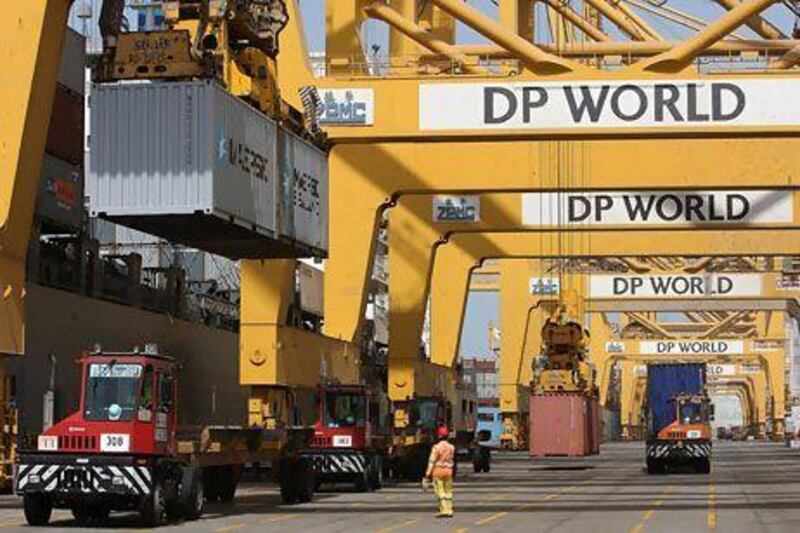UAE non-oil business activity kept up its momentum last month as robust domestic demand offsets softness in overseas markets.
The purchasing managers' index (PMI) results for what is traditionally a slow month for commerce further signals that the economy is so far managing to avoid a cooling off across other emerging markets.
"This is another very good reading, supporting our view of a broad based pick-up in growth throughout the UAE," said Liz Martins, a senior economist for global banking and markets at HSBC. "Even allowing for the seasonal adjustment, the increase in output and employment is all the more impressive for taking place in the typically quiet month of August."
The headline seasonally-adjusted HSBC PMI reading posted 54.5 last month, unmoved from July's reading. It means the improvement in operating conditions in the non-oil private sector has now stretched to one month short of four years. The 50 mark divides expansion from contraction.
Along with recent signs of strength in property, tourism and trade throughput, the data adds to increasing signs of resilience in the economy. Still, an area of "potential weakness" stemmed from a relatively sharp drop in export orders, said Jean-Paul Pigat, an economist at Emirates NBD.
The PMI's sub-index tracking exports slipped to 53, from 56.8 the previous month and marked the second steepest drop in the series. Only 7 per cent of companies reported higher new export orders during the month.
Still, slackness in foreign markets was compensated for by rising demand at home. Overall, export orders remained above the 60 level.
"Although all indications would seem to point to domestic demand being strong enough to offset any weakness in the external environment, the outlook for key trading partners has rapidly deteriorated in recent weeks," said Mr Pigat.
India and China have both been grappling with weaker growth in recent months. India's own PMI registered at 48.5 in August, the first time in four years the headline reading fell below 50. China's PMI score clawed its way back into positive territory last month to 50.1, after an 11-month low in July.
In the UAE, output picked up last month, registering the fastest growth in six months.
Respondents attributed growth in new orders to improved economic conditions and price discounting.
In response to expansion in output and new orders, employment levels rose last month. Hiring has now grown continuously since January last year, although last month was the slowest pace in almost a year and a half. The survey's backlog of work index reached an all-time high of 52, suggesting "the excess capacity of recent years could finally be starting to be worked through," according to Ms Martins.
The data continued to show little evidence of a surge in inflationary pressures. Input prices rose at their fastest pace in four months as purchase prices and staff costs both edged higher.
However, while companies raised their output charges, the latest charge inflation was only marginal as the majority of respondents indicated unchanged output prices from the previous month.





